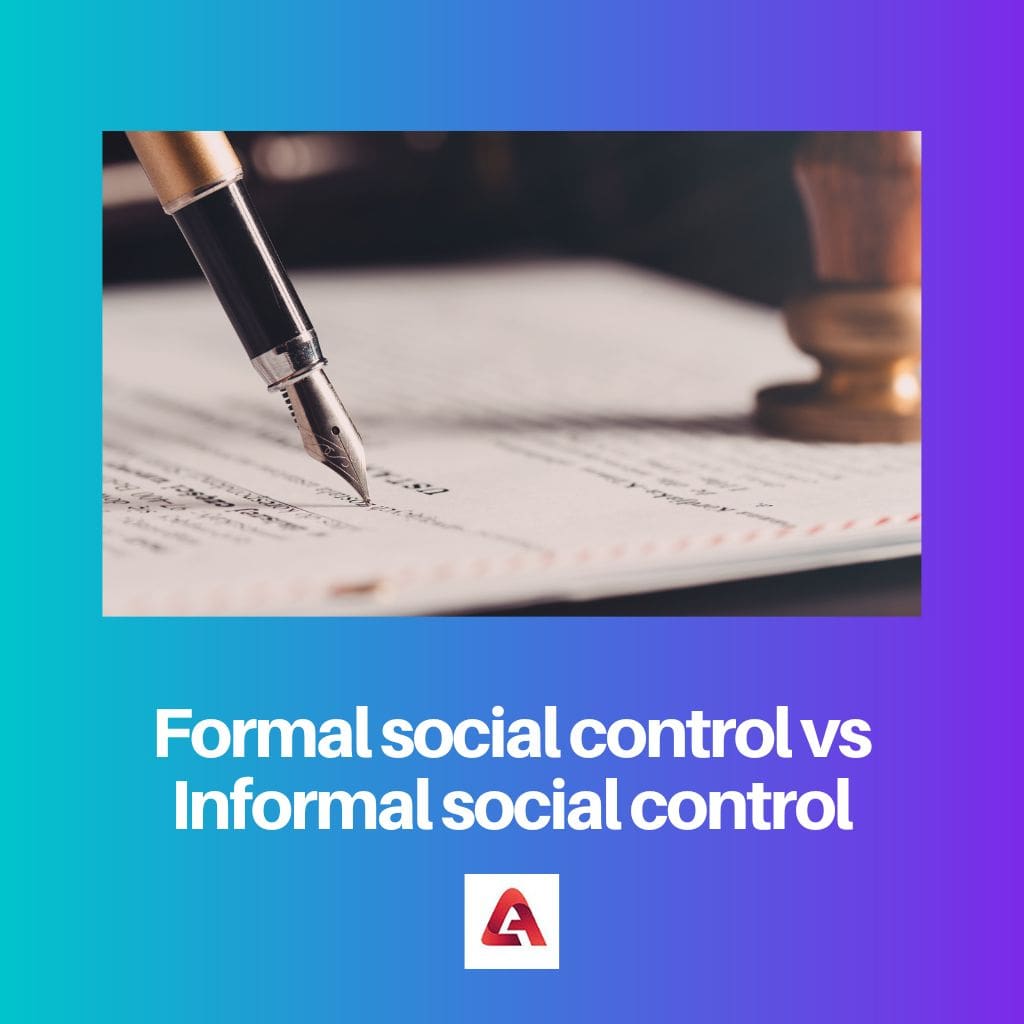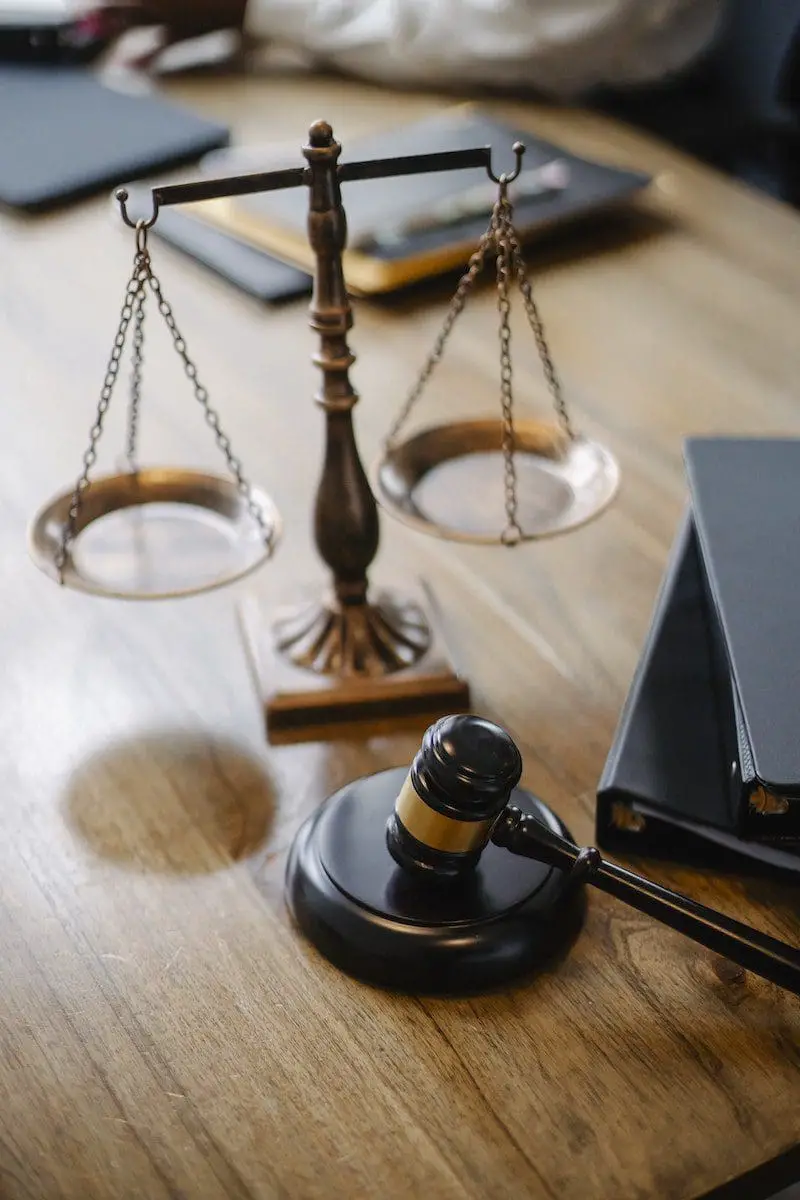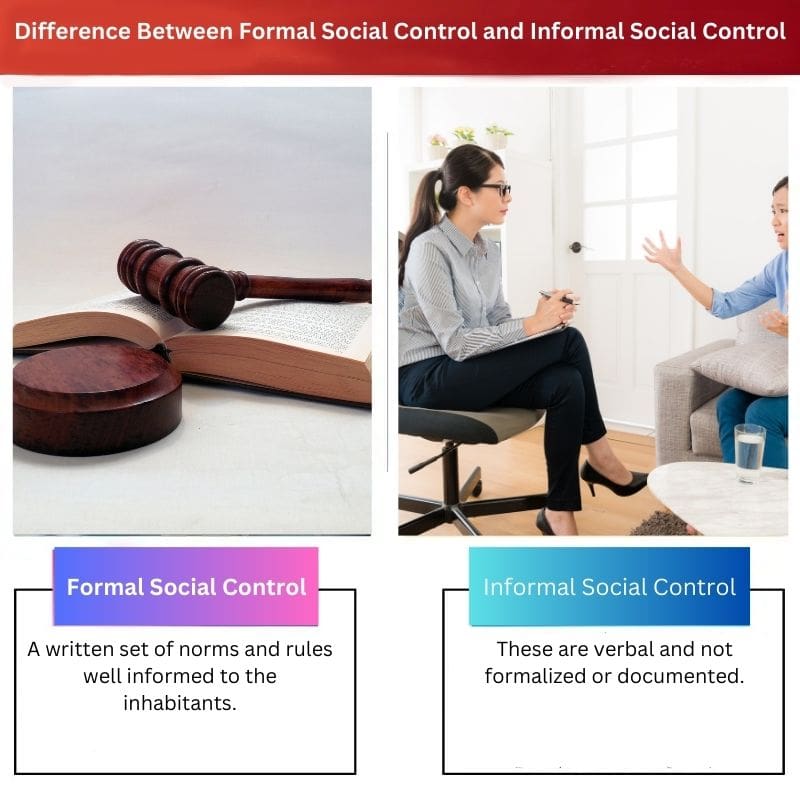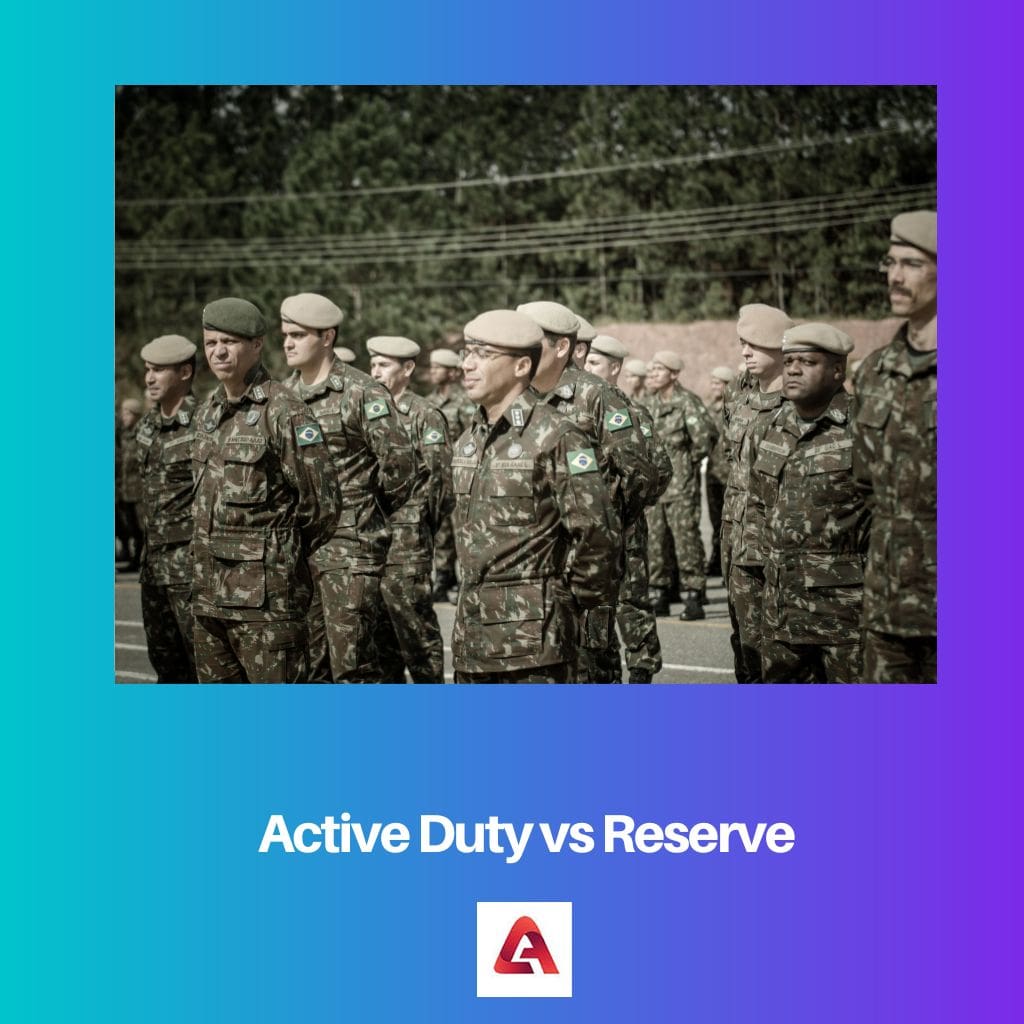Chaos in society is obvious. Each individual carries his perception of the world and works accordingly; the perception builds over the years and is acquired from family values, background, and experience.
Often people break protocols and act according to their ideology and perception against that of a population that creates havoc.
Guidelines inscribed in each country’s constitution ensure conduct and morality on a larger level. At the same time, some people in smaller groups practice their ways of moral policing.
Social control is enforcing these standards and norms acceptable to attain cohesion and social order. It works formally and informally, too, both of which manage to bring stability to the system.
Key Takeaways
- Formal social control involves using established systems, such as laws, regulations, and institutions like the police and courts, to enforce social norms and maintain social order.
- Informal social control relies on social norms, customs, and expectations within a community or group, using mechanisms like social pressure, gossip, or ostracism to regulate behavior without formal rules or institutions.
- Both formal and informal social controls aim to regulate behavior and maintain social order. Still, formal social control uses official systems and institutions, while informal social control is based on social norms and expectations within a community or group.
Formal Social Control vs. Informal Social Control
Formal social controls refer to the enforcement of rules that are backed by some strong entity like the government etc. These are the set of instructions that are necessary for people to follow. Informal social controls are the rules that are created by people on the basis of their beliefs etc.

Comparison Table
| Parameter of comparison | Formal Social Control | Informal Social Control |
|---|---|---|
| Guidelines | A written set of norms and rules well informed to the inhabitants. | These are verbal and not formalized or documented. |
| Governing Party | The head of the state, government, or corporate sector is the employer. They are in charge of carrying out the necessary action. | Parents teach the do’s and don’ts from the very childhood. Also, the head of a clan, unofficially appointed, decides. |
| Effectiveness | Formal means of control are more effective as it works systematically. | The effectiveness is cooperatively low. |
| Nature | It deals with a larger mass, and all the inhabitants fall under it regardless of community service or religion. | It deals with a smaller community section where people are closely netted. It fails when applied to a larger section. |
| Application | Fine, imprisonment, and in most severe cases, the death penalty or encounter. | Peer pressure, shaming, public embarrassment, and boycott are used to build social standards. |
What is Formal Social Control?
Formal Social controls, as namesake, are the official guidelines, legally formed to maintain stability and fight injustice.
They are written sets applied to all the citizens of a state or a country, regardless of their religious beliefs, gender, color, or ethnicity.
The control measures are enforced by the government and organizations having the authority or a say accepted by a majority.
It is practiced by implementing the stated laws and regulations and prohibiting unethical behavior. Dealing with the situation depends on the severity level and can range from a simple fine to imprisonment and even the death penalty.
In the corporate world, the organizational guidelines guide and regulate disobedience, the employees are subjected to orientation processes, and deviance from the guidelines can lead to termination.

What is Informal Social Control?
Informal social control is a casual and local way of imposing and enforcing the norms considered sane and humane.
There are no written or documented records but are accepted lines drawn to maintain stability and sanity. They are passed on by parents and elders and are taught as a foundation to behave correctly and not indulge in unacceptable activities.
The severity and the social control vary, locals in guilt and shame of judgments improve their behavior, but it fails where the relationship in the community is weak, where people don’t care what others might think.

Main Differences Between Formal Social Control and Informal Social Control
- The main difference between Formal and Informal Social Control is that the former includes a written set of rules and norms, predefined and acceptable by all. At the same time, the latter deals with issues and concerns casually, with no formulated or documented guidelines.
- The officials, head of the state, and those forming the rules govern the enforcement and is carried on by cops, military, and judiciary to provide justice, an informal social control mechanism; the informal approach, however, deals with the situations on a local level, the elders safeguard the culture and sanity in the community.





